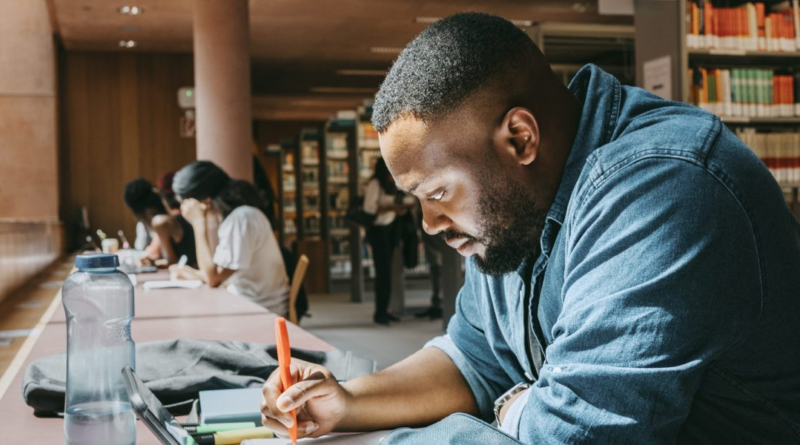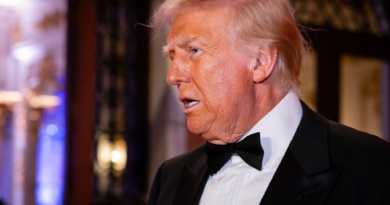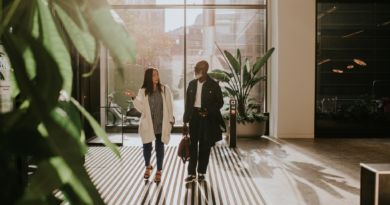Try this 5-for-5 challenge to combat loneliness: ‘It’s incredibly powerful’
Loneliness is more than a bad feeling, the U.S. Surgeon General has repeatedly stated.
“What we may not recognize is that when loneliness persists for a long time, it puts our body in a chronic stress state, and that has implications for our mental and physical health,” Dr. Vivek Murthy tells Fortune. Loneliness increases the risk of developing depression, anxiety, heart disease, and stroke, among other conditions. “These are all profound health consequences.”
Murthy says young people are hit especially hard by the loneliness epidemic that plagues about half of adults nationwide. During the pandemic, they were sequestered at home amid the most formative period of social development. “Even the comfort with the skills for starting conversations and for building relationships is one that many young people say that they feel they haven’t quite developed,” he says of his conversations with young adults. “Many young people tell us that they don’t feel like they have the tools to build connections.”
To improve social connection among college-aged students, Murthy has been travels campuses nationwide to advise on ways to counter loneliness.
Murthy says a massive culture shift is long overdue, especially as social media communication overrides in-person connection and administrators tell him the number of students in congregating areas like dining halls and cafeterias has dramatically decreased.
During his visits, Murthy encourages students to do a simple challenge to counter loneliness. It takes fewer than 60 seconds each day, can make a big difference—and you can benefit from it, too.
Murthy’s 5-for-5 challenge
For one minute every day, think about someone you’re grateful for. Next, message them and tell them in whatever way you wish. Do this each day for five days.
“That point of connection made them feel good. It reminded them that there are people who care about them, who have their back,” Murthy says. “It illustrates the power of what small moments can do to help build connection and help us build community.”
Murthy says he helps students complete the first day together in the room with him. He asks them to think about someone they are grateful for and then text, email or call to tell them.
While it sounds simple, science tells us feeling grateful improves our well-being. Mainly, gratitude gives us a burst of joy, translating into positive emotions, lower stress, and even better sleep.
“It’s incredibly powerful,” he says. “Many young people will tell us that in those 60 seconds, they reached out to a parent, or to a friend, or somebody they had lost touch with from years ago.”
Murthy plans to incorporate this challenge into his broader mission for combating loneliness nationwide.
“We want everyone across America to have that experience of connection, and to know that it’s small steps that can make a big difference in how connected we feel,” Murthy says. “I want the American public to know that this is an issue that we have to take seriously, that we have to make a priority if we truly want people to be healthy.”




